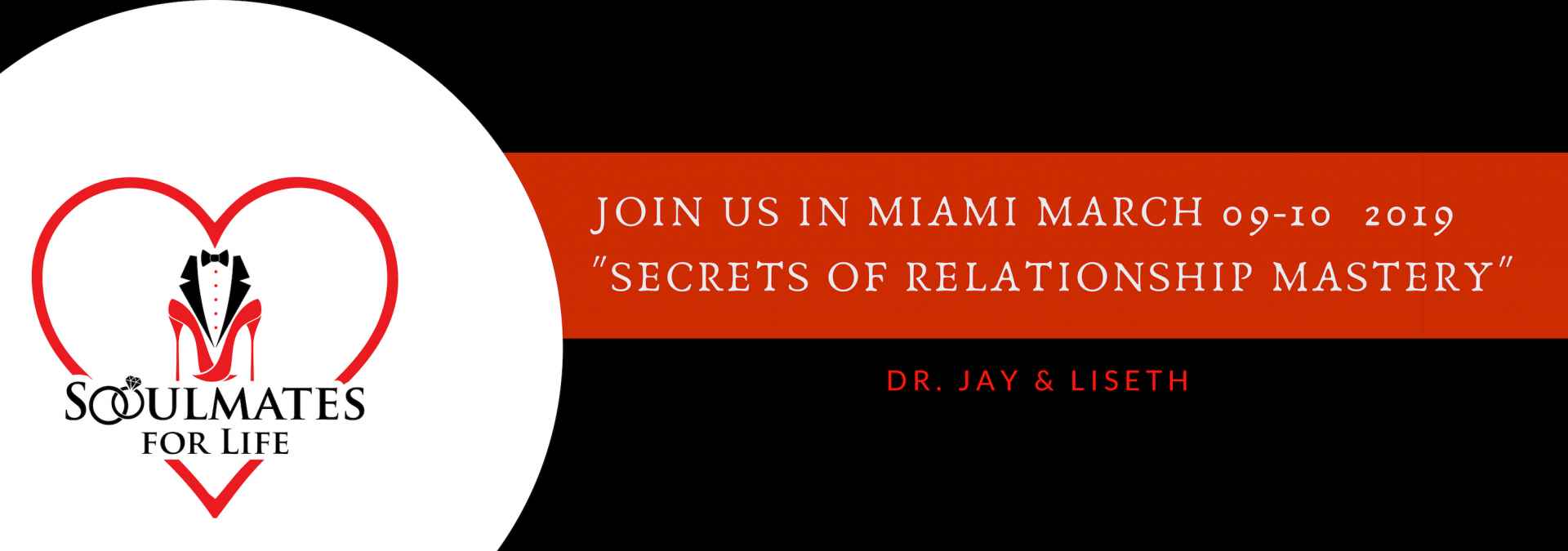Observations from a Shrink on a Lifestyle Cruise: Myths About Swingers


I recently had an unexpected surprise in my professional life, the kind of thing you just can’t make up. I was asked to be a “contributing content expert” to a swinger dating site that is expanding its reach beyond “swinging” per se with a focus on educating people on healthy relationships and sexuality. I took the gig, which included an invite for my spouse and I to attend an 8-day SDC Lifestyle Cruise for us who are actively involved in the relationship therapy and coaching space.
I’m an unlikely advocate for an alternative lifestyle: a graduate in theology and psychology from Oral Roberts University, a classically trained psychologist with a dual focus in clinical and counseling psychology with a specialization in family psychiatry all at APA-approved university and internship sites with a 3-year post doctorate in Gestalt Psychotherapy. I tell you this not to impress you, but to impress upon you my clinical training indoctrinated me into a very conservatively prescriptive view of relationships in general and monogamy, in particular, filtering all that I was about to experience. Let’s add to this living within a very “vanilla” marriage for 20 years before a divorce, and the irony is made vividly clear.
Join me for a few moments as I share with you how my experience with an unlikely group of people -- known as “swingers” -- challenged every sacred assumption I held sacrosanct as I take on the “Myths About Swingers” I had about this growing community that some believe is going mainstream (over 20% or 1 in 5 people participate in a “consensual non-monogamous relationship” according to Kinsey Institute and Journal of Sex and Marital Therapy, 2016).
The "failure" of monogamy requires us all to rethink what it means to be in an intimate relationship
Let’s start with a few facts, shall we? Monogamy does not seem to be working very well. That’s true no matter whose stats you use. Here’s what we know:
- Up to 53% of first marriages end in divorce.
- Over 60% of second marriages fail.
- 73% of third marriages also fail suggesting we’re not getting it right even after multiple failures.
- 1 in 3 divorces are attributed to emotional infidelity (this is due to the advent of social media, the topic of another article … stay tuned).
- 57% of men and 54% of women admit to having an affair while being in a committed relationship such as a monogamous marriage.
- The American Psychological Association (APA) reports that up to 40% of divorces are attributable to reports of infidelity (this is likely deflated because most people lie about it and never admit it, and groups like the APA don’t like bad news).
Once you "know" anything, learning STOPS! The scourge of fundamentalism kills learning anything new
Fundamentalism comes in many forms but there are some similar dimensions to the paradigm: An absence of critical thinking (someone else has already done that for you), default to already known assumptions about human nature and “truth” however it’s being defined (‘we have a monopoly on truth’ approach), hubris accompanied by dismissive invalidation of different perspectives (‘you’re ignorant and uninformed’), and an evangelical fervor to be right about a lot of things. It’s comforting to “know” something, but the problem with “knowing” anything is that learning stops. Once you “know” something your mind stops asking new questions and you are left with conclusions about complex issues based on obsolete and prescriptive assumptions.
This was true for me as a classically trained “shrink” where compliance to a type of fundamentalism, the Medical Model, whose purpose is to find out “what’s wrong with people” and how they need to be fixed according to a prescribed standard (e.g. DSM-5).
That was until I met a group of swingers on their own turf in their own village and spent a week with them. Here are the “5 Top Myths About Swingers” that my clinical training taught me, and I believe is representative of how a lot of people think about this emerging sub-culture who seems to be leading the next sexual revolution. (Each myth will be explored in length in articles to follow):
- “Swingers are oversexed, amoral counter-culture hippies”
- “Swinging is a high-risk behavior exposing a marriage to dangerous and uncontrollable external forces”
- “Couples who swing lack commitment”
- “Swingers are just trying to hide some deeper psychological problem and don’t respect their partners”
- “Swingers can’t possibly value family life and threaten mainstream family values”








